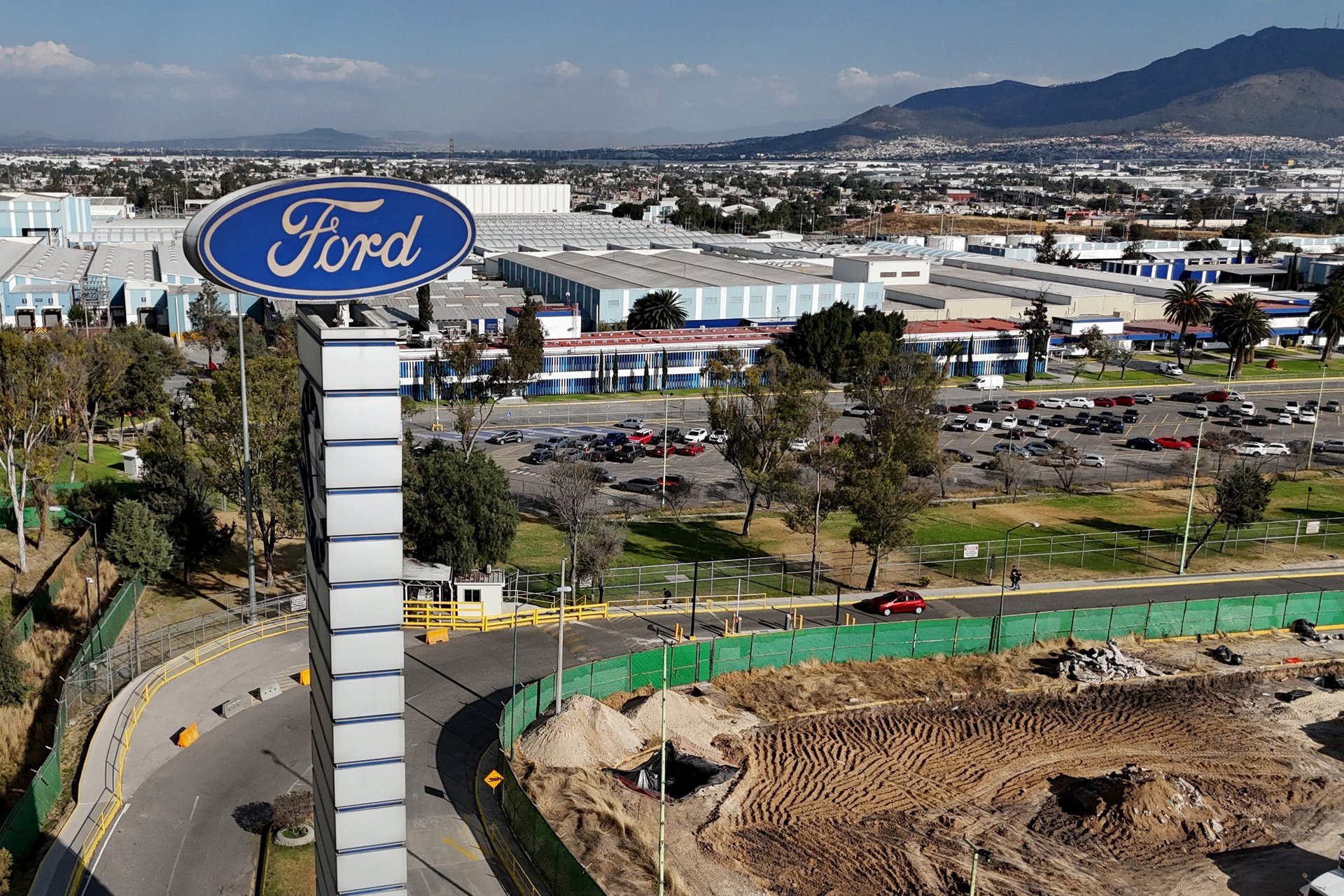Ford CEO says Trump's tariffs could cost the industry billions in profits — and raise car prices
Almost every major automaker, including Ford, has work done in Canada and Mexico

President Donald Trump’s proposed tariffs on Mexico and Canada could be devastating for the auto industry, according to Ford Motor Co.’s (F) CEO.
Suggested Reading
“There is no question that tariffs at 25% level from Canada and Mexico, if they’re protracted, would have a huge impact on our industry with billions of dollars of industry profits wiped out and adverse effect on the U.S.,” Ford CEO Jim Farley said late Wednesday on an earnings call with investors.
Related Content
“Tariffs would also mean higher prices for customers,” he added.
Trump’s tariffs were set to kick in on Tuesday morning, before last-minute agreements gave Canada and Mexico a month-long reprieve. Smaller duties on Chinese imports did take effect on Tuesday, with China hitting back with targeted tariffs and other measures.
If those tariffs on Mexico and Canada are enacted, the auto industry is expected to be among the most hurt, since almost all automakers’ supply chains are connected to the country. Some 3.6 million light vehicles were imported from the two countries in 2024, accounting for 22% of all vehicles sold in the U.S, according to S&P Global Mobility.
Just shy of 15% of Ford’s sales are sourced from Mexico, according to S&P Global (SPGI), less than rival Detroit automakers General Motors (GM) and Stellantis (STLA), which source 22% and 23%, respectively. Both Ford and GM have been operating in Mexico for about a century, making cars like the electric Ford Mustang Mach-E and electric and gas-powered Chevrolet Blazers.
Farley noted that, based on conversations with the Trump administration, Ford believes the federal government is committed to “strengthening, not weakening” the auto industry. He also praised the delay of the tariffs on Mexico and Canada, adding that Ford is monitoring the burgeoning trade war with China.
“There is a fundamental transformation happening in the backdrop of these policy changes in our industry globally,” Farley said, pointing to the growth of Chinese automakers like BYD (BYDDY) and high-tech vehicles.
Earlier in the call, he said Ford expects to see changes in tax policy, pointing to the government’s rules concerning vehicle emissions and the Inflation Reduction Act. The Trump administration has already begun changing emissions rules and is expected to cancel the $7,5000 tax credit for electric vehicle buyers, which will likely hurt sales across the industry.
Ford projected up to $5.5 billion in losses tied to its EV and software operations in 2025 after taking a $4.7 billion hit tied to the unit last year. Overall, however, Ford beat Wall Street’s expectations for the last quarter of 2024, even though its outlook for 2025 was disappointing.
Ford stock sank by more than 5% in pre-market trading on Thursday.